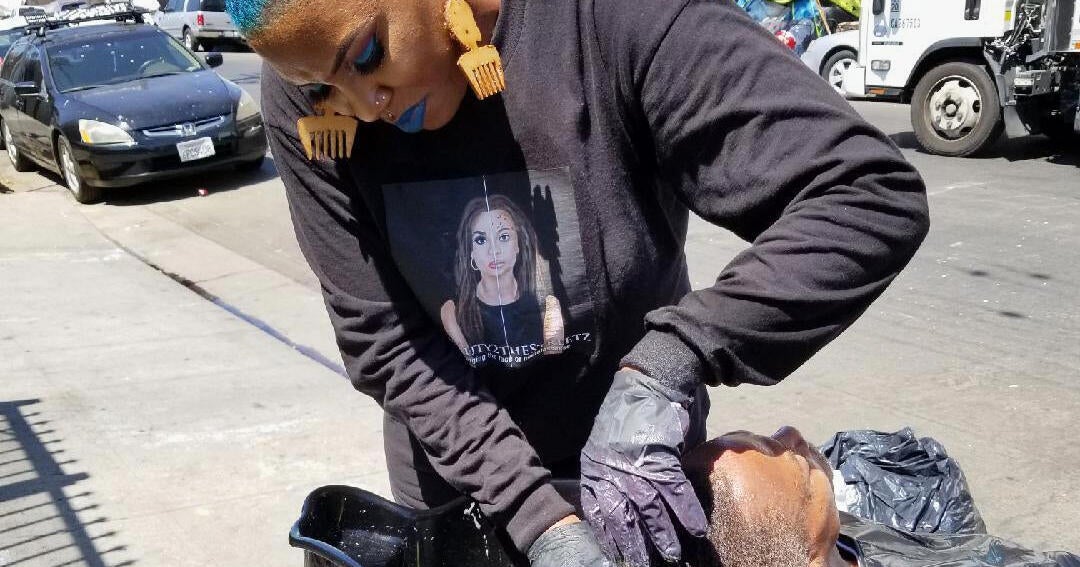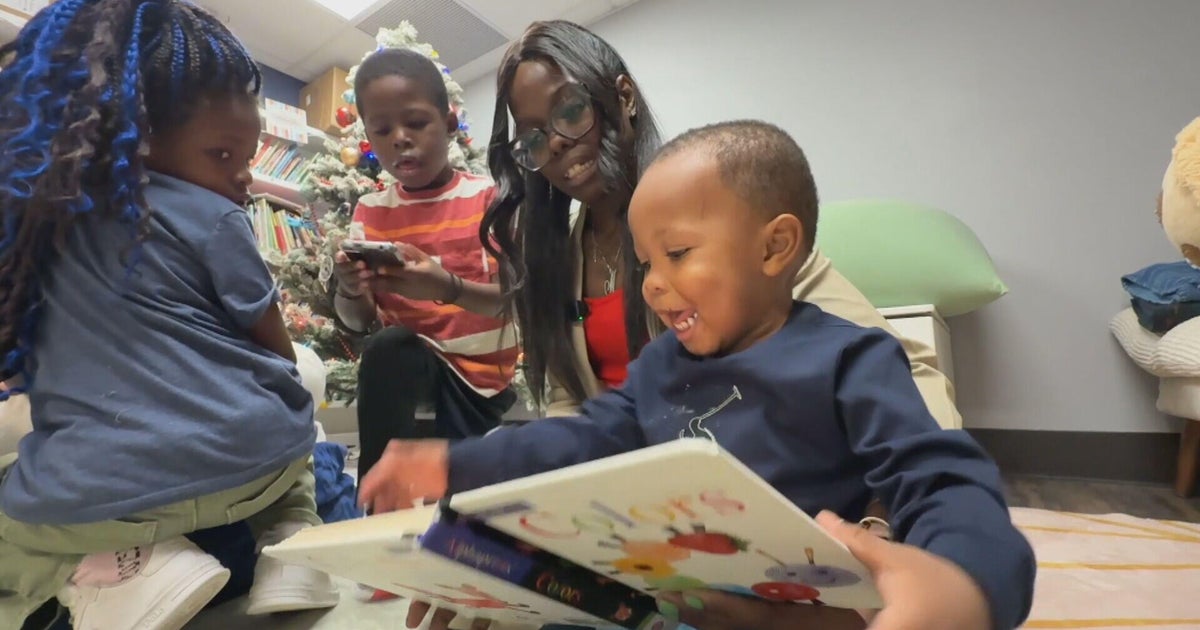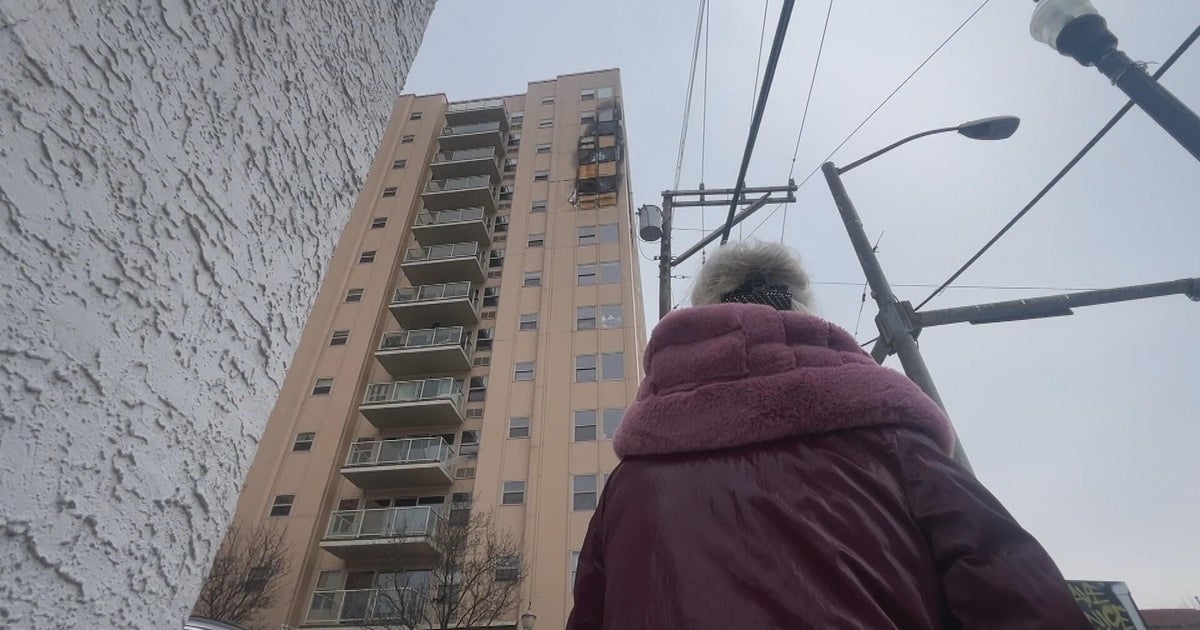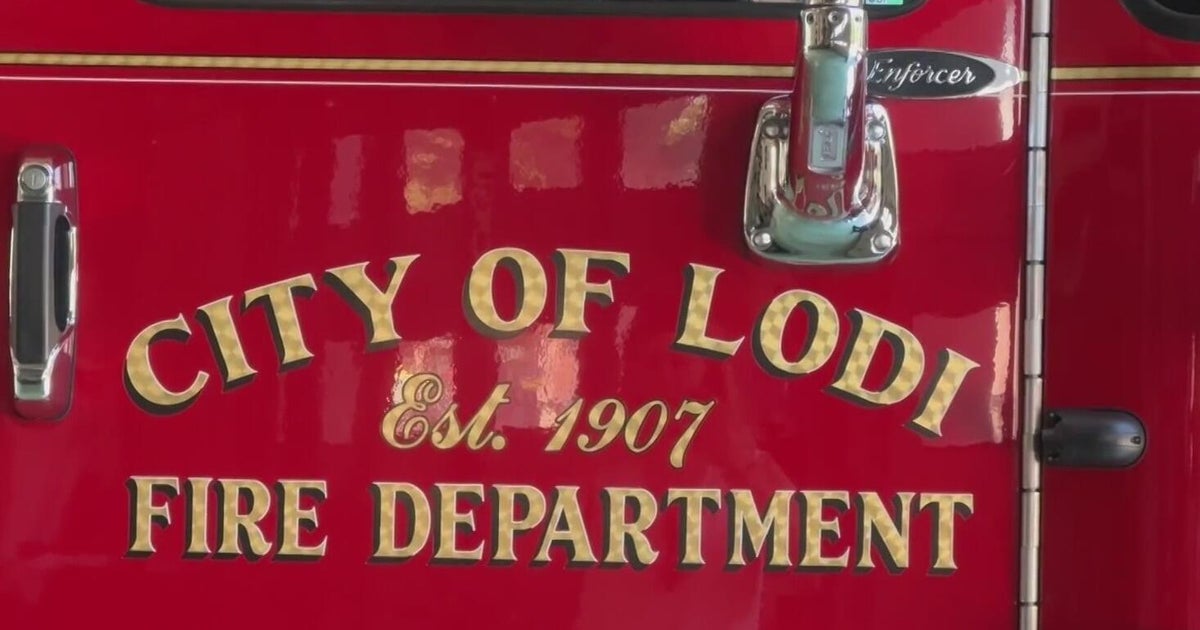Denver wants to be the largest American city with no veterans living on the streets
Denver Mayor Mike Johnston said he wants to make Denver the largest city in the country to have no veterans living on the streets.
Johnston says that by tracking people experiencing homelessness in the Mile High City and partnering with the U.S. Department of Veterans Affairs and the Denver Department of Housing Stability, the city identified and plans to provide housing for the 52 homeless veterans.
"We think this puts us in a position to, before the end of this year, house all 52 of those veterans who we know are still experiencing unsheltered homelessness," he said at a news conference on Monday. "We will be the largest American city to make sure that no veteran who has served this country sleeps outside in the streets of Denver."
Johnston says his administration has taken 1,500 people off the streets since he took office in July 2023. Throughout the Denver metro area, Colorado Springs, Pueblo and eastern Colorado, 752 veterans were taken off the streets in 2023, according to Amir Farooqi, interim director and CEO of the U.S. Department of Veterans Affairs' Eastern Colorado VA Health Care System.
Johnston said his target for homeless veterans is "functional zero."
"Functional zero means there are more exits for veterans who are unsheltered into housing each month than there are folks that are currently experiencing homelessness or entering it," he said.
The effort will use U.S. Department of Housing and Urban Development Veterans Affairs Supportive Housing -- or HUD-VASH -- vouchers provided through the Denver Housing Authority and the Colorado Department of Local Affairs, the city said in a statement.
Jamie Rife, executive director of Denver's Department of Housing Stability, says 230 veterans are currently in congregate shelters run by the city and 30 of the 52 veterans Johnston's office identified are currently searching for housing. She said the plan to get the remaining veterans off the streets includes working more closely with the VA and volunteer organizations to connect veterans with available housing or shelters.
"We'll be working together to maximize our current housing resources for veterans, as well as make sure that we're bringing new units online so that we can house all veterans experiencing unsheltered homelessness," she said at Monday's news conference.
Rife went on to say that Volunteers of America Colorado will be increasing its housing efforts through the group's Supportive Services for Veteran Families program. She also said the city will be working with the nonprofit Community Solutions to get veterans into some of that organization's 400 units in Denver.
Johnston said the focus on these veterans will be the same as getting other people out of unsheltered homelessness, connected with resources they need and eventually into permanent housing.
Terese Howard, an organizer with Housekeys Action Network Denver, says the city's existing efforts are inadequate and unstable.
"1,500 people are in noncongregate shelters, not housing. There's no stability and you can be kicked out on a whim," Howard told CBS News Colorado.
The Department of Housing Stability acknowledged but did not otherwise respond to a request for comment. The Mayor's Office emailed the following responses to CBS Colorado's questions:
Can you tell us about the specific plans to acquire housing for those remaining vets?
Dr. Rife mentioned working with the VA, Volunteers of America Colorado, and Community Solutions to identify housing units, but can you talk about how that works in identifying and placing veterans into those units? We will be working closely with the partners mentioned above to quickly provide resources for veterans experiencing unsheltered homelessness. For example, vouchers, HUD's Veteran's Affairs Supportive Housing or VASH program, Supportive Services for Veteran Families (rapid rehousing), and get them into available units.
Would these units be permanent housing, congregate shelters, non-congregate shelters, hotels like those already established, or something else? Are there conditions for these veterans to enter or remain in those units?
The goal is permanent housing units although the process to get there will be different for different individuals. For example, case managers will work with veterans experiencing unsheltered homelessness to identify their specific housing needs and supports, and connecting them housing that meets their needs. This could look like supportive housing, which is housing plus wraparound services. Other individuals may only need help getting all their documents in order and finding a housing unit.
Dr. Rife also mentioned that 30 of the 52 veterans are actively seeking housing. What happens when veterans (or anyone else for that matter) refuses housing?
They can keep working with their case manager to find a housing unit that meets their needs. Our goal is to meet them where they are and provide the best support available.
How does this effort differ from or expand the services already offered by the VA?
This effort is unprecedented in Denver because of the collaboration between organizations/agencies. By working together with service providers like Volunteers of America Colorado and the VA, we can more quickly identify and connect veterans with housing services. Denver was also selected last year as one of seven "All INside" cities as part of the White House's 'All In: The Federal Strategic Plan to End Homelessness.' Denver is leveraging this initiative to cut federal red tape and reduce barriers to housing, health care, and other support for people experiencing unsheltered homelessness, including the veteran population.
You can watch Monday's entire news conference here:







